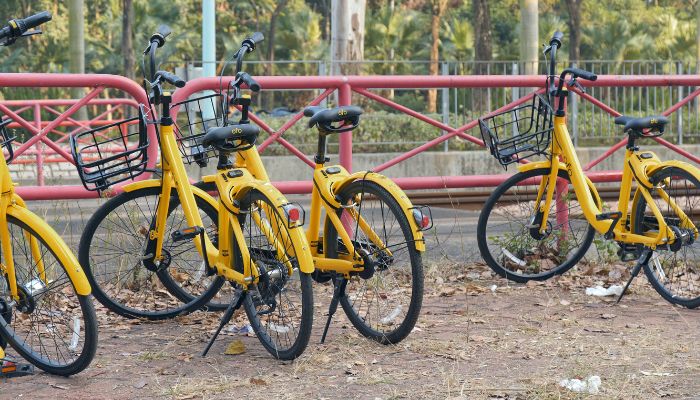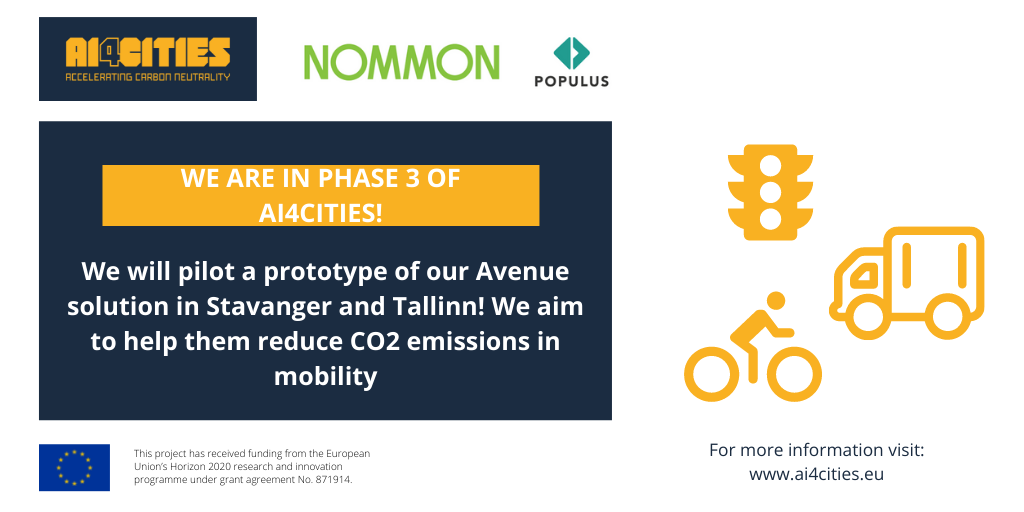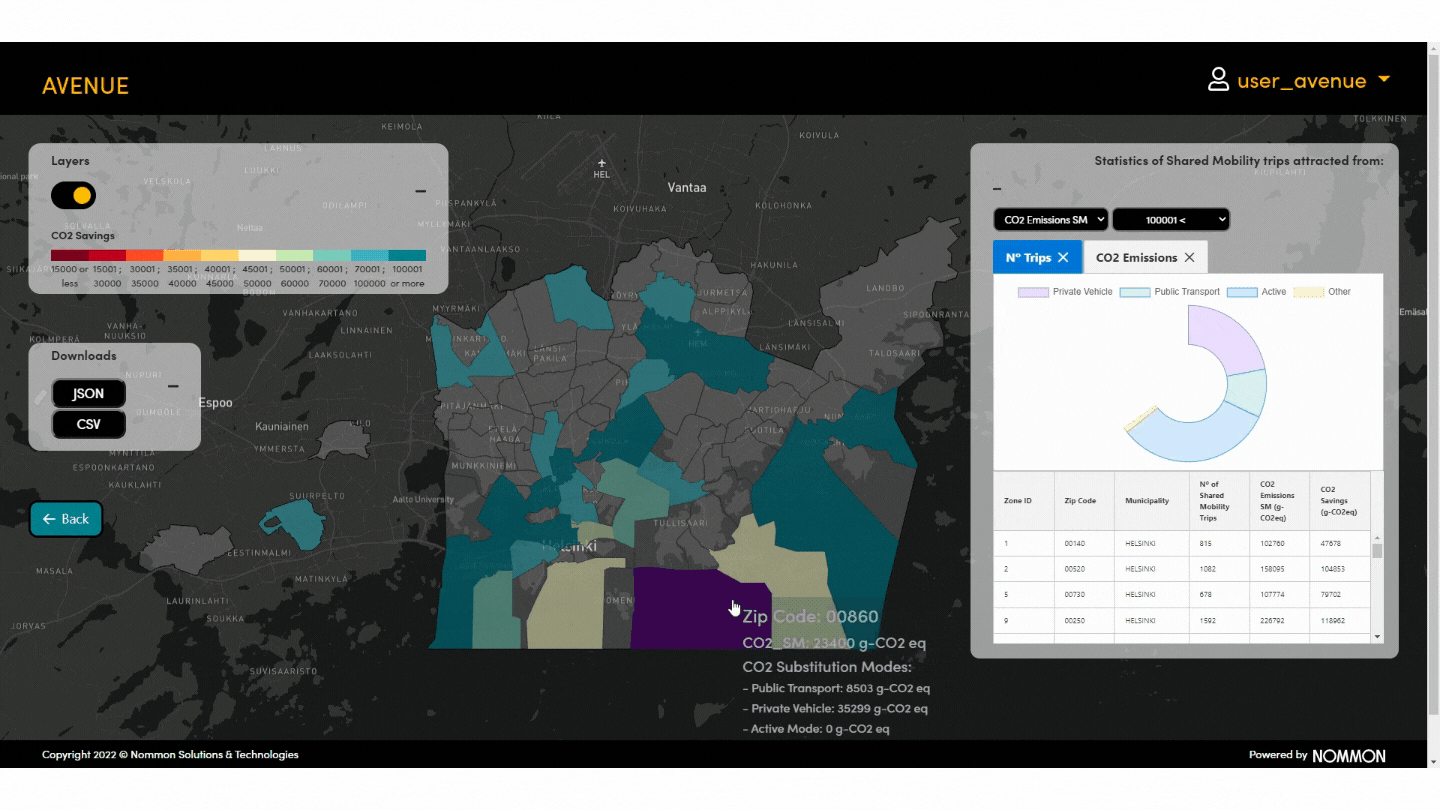Nommon and Populus selected for AI4Cities Phase 3

- The project AVENUE, developed by Nommon and Populus, has been selected to participate in the last phase of the European program.
- AI4Cities seeks to develop artificial intelligence solutions that can contribute to the reduction of greenhouse gas emissions in the fields of mobility and energy.
The project AVENUE, developed by the consortium formed by Nommon and Populus, has been selected to participate in the final phase of AI4Cities, a European programme that seeks to develop solutions based on artificial intelligence (AI) aimed at reducing greenhouse gas emissions (GHG) in the energy and mobility sectors.
Of the 21 proposals initially selected in the mobility challenge, only three were able to continue into the third and last phase of the program. AVENUE’s solution, a decision-support tool that allows the monitoring and assessment of the carbon footprint impact of different shared mobility regulatory frameworks and policy strategies, was one of the chosen ones. AI4Cities Phase 3 will allow Nommon and Populus to test the solution’s prototype in two of the cities participating in the program, Stavanger and Tallinn, for the next six months.
“We are very excited for the opportunity to pilot our solution in real conditions. We are confident that AVENUE can have an impact on how cities incorporate shared mobility into urban mobility planning.”
Inés Peirats, Transport Product Manager at Nommon.

AVENUE and AI4Cities
AI4Cities was born in January 2020 as an EU-funded Pre-Commercial Procurement (PCP) initiative, led by the cities of Helsinki, Amsterdam, Copenhagen, Paris, Stavanger and Tallinn, to accelerate carbon neutrality through AI solutions. The program was divided into three qualifying phases, during which the selected projects would develop their solutions to create a prototype and test it in several of the participating cities. Following the launch of the request for tenders, AI4Cities received a total of 97 proposals, 54 of them in the mobility challenge, where AVENUE participates, and 43 within the energy challenge.
AVENUE was selected to move on to phase 1 together with 20 other proposals. During this first stage, which was awarded in May 2021, the specification and design of the solution was carried out. AVENUE aims to develop an interactive visualisation tool fed with demand prediction models capable of simulating the modal choice process around shared mobility services (such as shared scooters, bicycles or cars) to assess how different strategies and regulations affect the carbon footprint of cities. The AVENUE team analysed the needs of the AI4Cities partner cities, identifying the key indicators and data sources available to feed the solution.
In September, the AVENUE consortium started working in phase 2 (in which only 10 proposals continued), focused on the development of the prototype. AVENUE builds upon well-proven methodologies for mobility data collection and analysis: Populus’ Mobility Manager, a world’s industry-leading platform of the US company Populus which allows collecting, aggregating and analysing the data that shared mobility operators share with the authorities, and Nommon Mobility Insights, a solution widely recognised as one of the most advanced in its field worldwide, developed by the Spanish company Nommon, which facilitates the processing of anonymised mobile network data and other geolocated data to provide actionable information on people’s mobility.

The solutions selected for phase 3 were announced on March 31. Among them, in addition to AVENUE, were MPAT, developed by the consortium formed by VIANOVA (France) and REBEL TICKETING (Netherlands), and Ix3, developed by MARSHALLAI and DYNNIQ (both from Finland). In the energy challenge, four solutions have been selected: Holoni, developed by the consortium of ALPHAVENTURI (Norway) and ENERGINET (Denmark); SPIKE, developed by ENERBRAIN (Italy); BEE, developed by EENEMAN (Finland), UNETIQ (Germany) and Metropolia University Of Applied Sciences (Finland); and C-In. City, developed by the consortium of French companies KAYRROS, LA JAVANESS and NEXQT.
